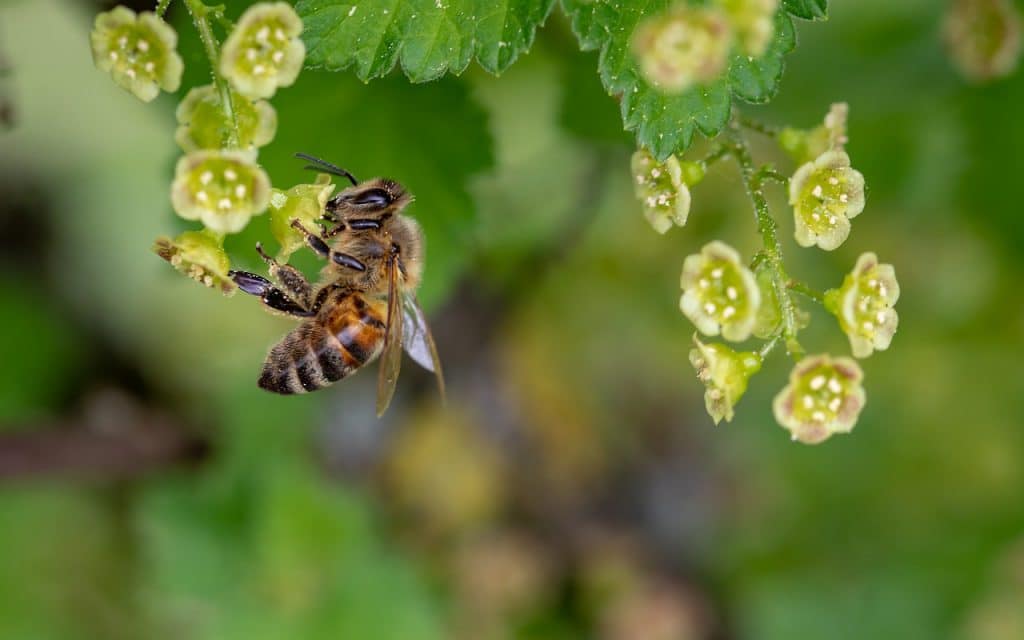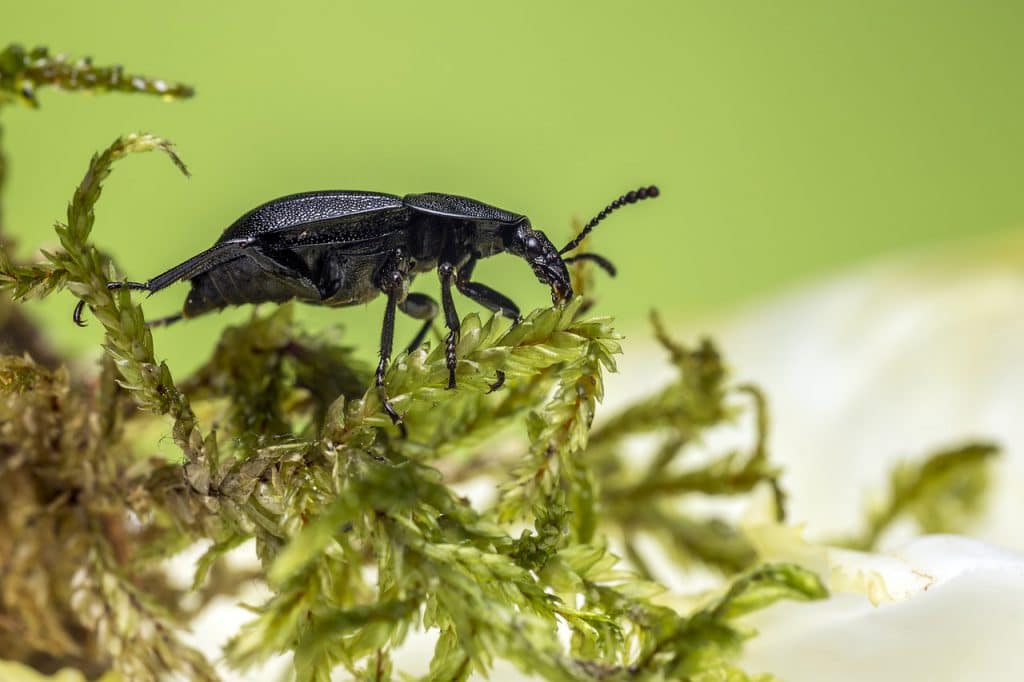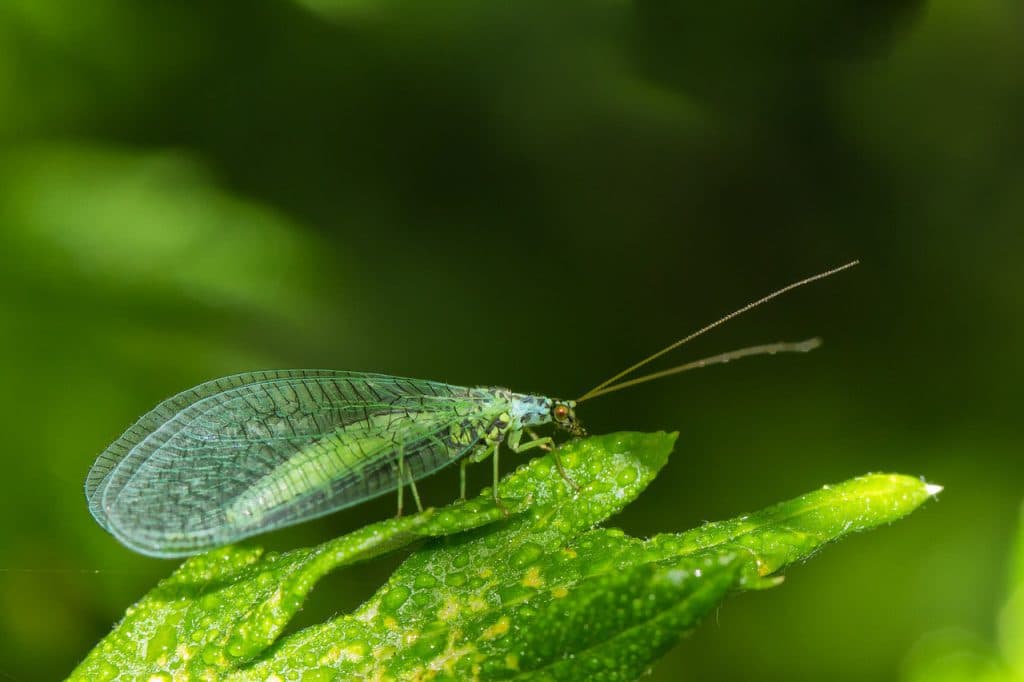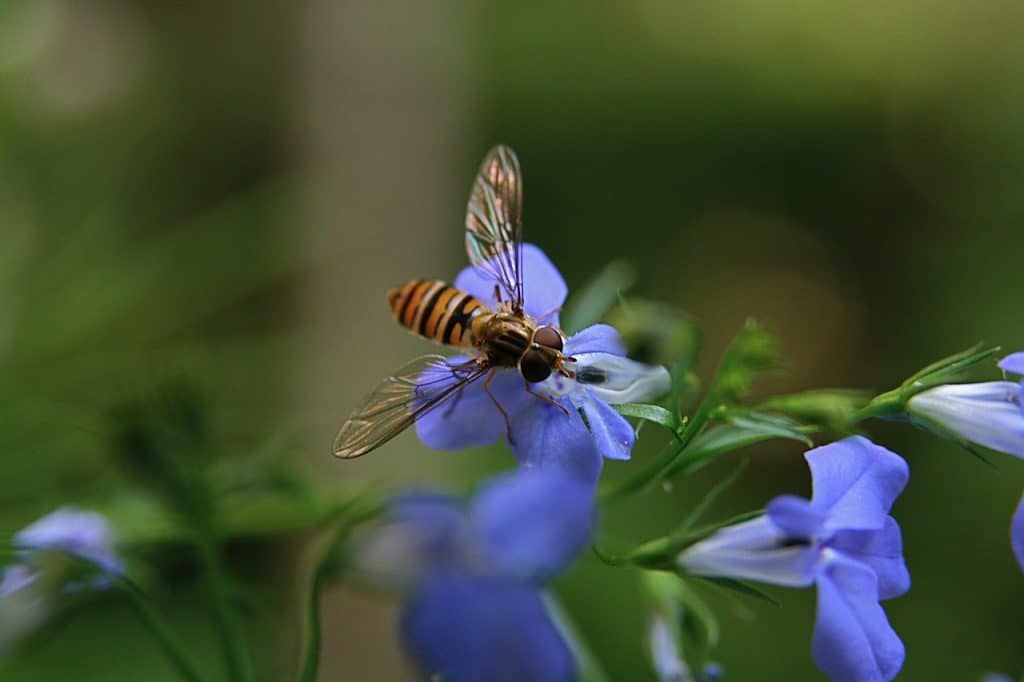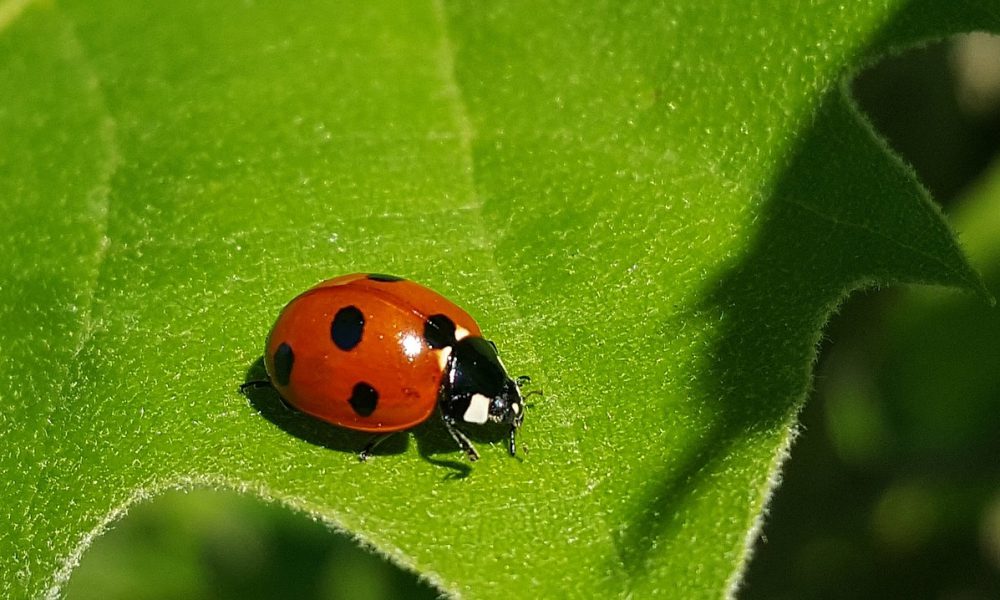
Some of the Planet’s Most Beneficial Insects
Yes, they are creepy crawly. Yes, they can be a nuisance. But insects are often beautiful in their creation, and beneficial insects are vital for the planet. Insects, bugs, and crawlers of all sorts perform their part of the eco-system without any prompting or help.
Pollination would not take place without these lovely bugs. They collect the nectar and fertilize the plants. Without them and the other pollinators, many of our flowers and food plants would cease to exist.
These insects are also helpful to gardening by eating the nasty bugs like aphids, some caterpillars, and certain beetles. Adding them to your garden where appropriate will help reduce the need for insecticides.
Knowing which insects are beneficial to your garden will help it grow and reproduce fruits and flowers year after year.
Bees
Perhaps the most well-known pollinator is the bee. The list of crops the bees help to flourish is a long list. A few are the kiwifruit, apples, potato, onion, okra, broccoli, brussel sprouts, cabbage, cauliflower, and the list goes on. Almonds depend solely on the honeybee to pollinate the plant at bloom time.
Ladybugs
Ladybugs are so pretty and delicate. They are attracted to plants such as Dill, Dandelion, Common Yarrow, Fern-leaf Yarrow, and Basket of Gold. Although Ladybugs are tiny, they will consume the pesky insects like the whitefly, aphids, fleas, and the Colorado potato beetle. Ladybugs are responsible for devouring more than 5,000 aphids in a lifetime.
The Praying Mantis
Turning their heads 180 degrees, the Praying Mantis is a force of nature. It can watch for moths, beetles, caterpillars, and crickets to make its meal. The Praying Mantis likes to hang out in shrubs, tall grasses, Cosmos, Marigolds, and Dill.
Spiders
Spiders are perhaps one of the more feared insects, but they do so much good for our crops. They eat roaches, aphids, bed bugs, grasshoppers, mosquitos, and fruit flies, to name a few. Here today and gone in a year, these spiders live in the areas suitable for their webs. Predatory spiders live in mulch, and weaving spiders live in tall plants.
Ground Beetles
Gardeners are very grateful to the ground beetles. They will rid a garden of slugs, caterpillars, ants, cutworms, and the Colorado potato beetle. A garden will attract the ground beetle by providing them with Evening Primrose, Amaranthus, and Clover. In case you don’t see them, they are an insect that is active at night.
Aphid Midges
An Aphid Midge is not an aphid at all, but a type of fly. They can attack over sixty varieties of aphid species, very helpful. If a gardener wants to attract the aphid midge, they will need to provide a water source, plants with plenty of pollen and nectar, and Dill.
Braconid Wasps
A vicious breed of wasps, these insects kill hornworms by laying eggs inside the caterpillar. They also prey on aphids, caterpillars, and the Tomato and Tobacco hornworm. These wasps fly to by various plant life such as Parsley, Lemon Balm, Dill, Common Yarrow, and Fern-leaf Yarrow.
Damsel Bugs
Catching their prey with their forelegs, the Damsel Bug consumes caterpillars, mites, aphids, potato beetles, and cabbage worms. They thrive when they find alternative places to hide in your garden, as well as Caraway, Fennel, Alfalfa, Spearmint, and Peter Pan Goldenrod.
Green Lacewings
The larvae of the Green Lacewing do the job of ridding your garden of soft-bodied pests. Their prey includes leafhoppers, mealybugs, caterpillars, aphids, and whitefly of pest moths. Dandelion, Coriander, Golden Marguerite, Angelica, and Dill are the plants they are attracted to.
Minute Pirate Bugs
Both the immature stages and the adult Minute Pirate Bugs prey on a variety of small insects. They dine on spider mites, insect eggs, caterpillars, aphids, and thrips. You can bring them to your garden with Caraway, Fennel, Alfalfa, Spearmint, and Peter Pan Goldenrod.
Soldier Beetles
Soldier Beetles are suitable for consuming grasshopper eggs, aphids, and soft-bodied insects. They do not damage plants and are harmless to people. Attract the Soldier Beetle with Goldenrod, Zinnia, Marigold, and Linden trees.
Tachinid Flies
A good meal for this fly would consist of gypsy moths, Japanese beetles, cutworms, or squash bugs. They are attracted to gardens with carrots, cilantro, dill, coriander, and buckwheat.
Hoverflies
You can find Hoverflies on Fern-leaf Yarrow, Common Yarrow, Dill, Basket of Gold, and Statice. The larvae feed on pests like the aphid, scale insects, and caterpillars. The adult Hoverfly feeds on pollen.
The Mealybug Destroyer
This bug does just as its name suggests. It consumes mealybugs and can eat up to 250 larvae. The destroyers find your garden enticing if you provide Fennel, Dill, Angelica, Sunflower, and Goldenrod.
Predatory Mites
These predators prey on spider mites. They like humid environments such as greenhouses and tunnels. When prey is not available, they will feed on the pollen of the plants.
What to do With Non-Beneficial Insects
We know they are out there, and you don’t want them around. That is why we are here.
Trust Proactive Pest Control for friendly, guaranteed pest, and lawn management. The professionals at Proactive will work diligently to gain your trust and deliver total satisfaction.
Contact us for a FREE consultation. We’ll show you why Proactive Pest Control is northeast Georgia’s first choice for pest, termite, and lawn services.
